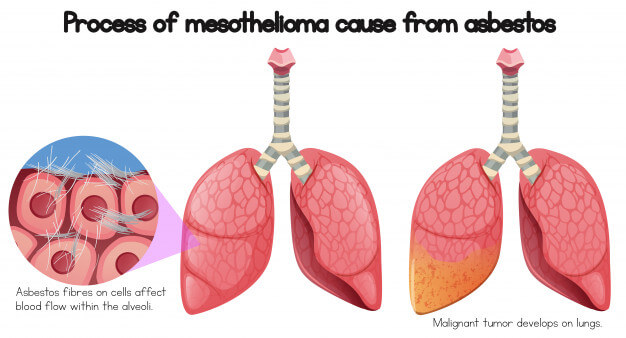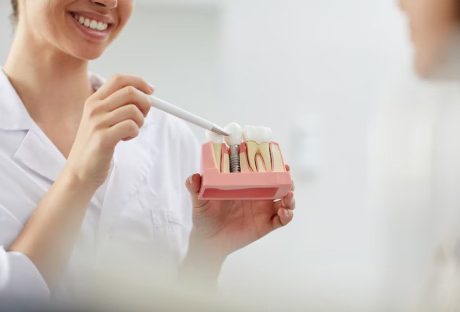Are you familiar with mesothelioma? You might be familiar with lung cancer and the devastating impact it can have on people and their families; however, mesothelioma is classed as asbestos-related cancer that primarily affects the lining of the lungs. This asbestos-related disease affects thousands of people every year and tragically, is considered incurable – find a local Mesothelioma lawyer via the link if you have been affected.
Sadly, not many people know about this destructive disease, who is most susceptible to it, the symptoms, and how it’s diagnosed. So, with this in mind let’s explore four things that you need to know about mesothelioma.
Four things you need to know about mesothelioma:
1. The symptoms
So, how do you know that you have Mesothelioma lung cancer? Worryingly, the first signs of this asbestos-related disease start to manifest when the tumors in your lungs begin to grow and spread. It’s this process that will trigger certain symptoms like the ones listed below.
- You have a dry, persistent cough
- You’re struggling to catch your breath
- You’re constantly battling chest infections and respiratory illnesses
- You have pain in your chest/abdomen (this is caused by tumors pressing against your chest wall)
- Fluid on your lungs
- Weakness and fatigue
2. Who is most at risk?
As mesothelioma is an asbestos-related illness, it’s those who are exposed to asbestos in their daily lives (and for extended periods) who are most at risk. Certain occupations mean some workers are far more likely to interact with or handle asbestos than others. It’s also worth noting that second-hand exposure – such as amongst friends and family members – is also possible. The following occupations are renowned for the high-risk of mesothelioma.
- Navy Veterans (those who work in shipyards)
- Factory workers
- Firefighters
- Construction workers
- Powerplant workers
3. How is mesothelioma diagnosed?
If you’re experiencing any of the above symptoms, then you should speak with your doctor, urgently. Having this dangerous illness diagnosed as soon as possible will increase your life expectancy and you may be able to have treatments that will extend your life.
Your illness may be diagnosed with a series of imaging scans, which may start as a simple chest X-ray to look for abnormalities and fluid on the lungs. If needed, you could also have an MRI or CT scan. Blood tests are also likely, as they can help confirm and back up other results that may lean towards a diagnosis. If an abnormality is found, your doctor may take a sample of the tumor for a biopsy to confirm whether or not you’re dealing with mesothelioma.
4. Your treatment options
Depending on the severity of your illness or the growth of the cancerous cells, you might not be eligible for all types of treatment. However, the most common types of treatments are what you would expect – surgery, for removing tumors and limiting the spread of cancer, chemotherapy to help shrink the tumors, and radiation therapy. You may also be offered experimental medications in a clinical trial.
Final thoughts…
Speak with your doctor if you’re concerned about mesothelioma and speak with a lawyer if you’ve been recently diagnosed.
Read Also:






















